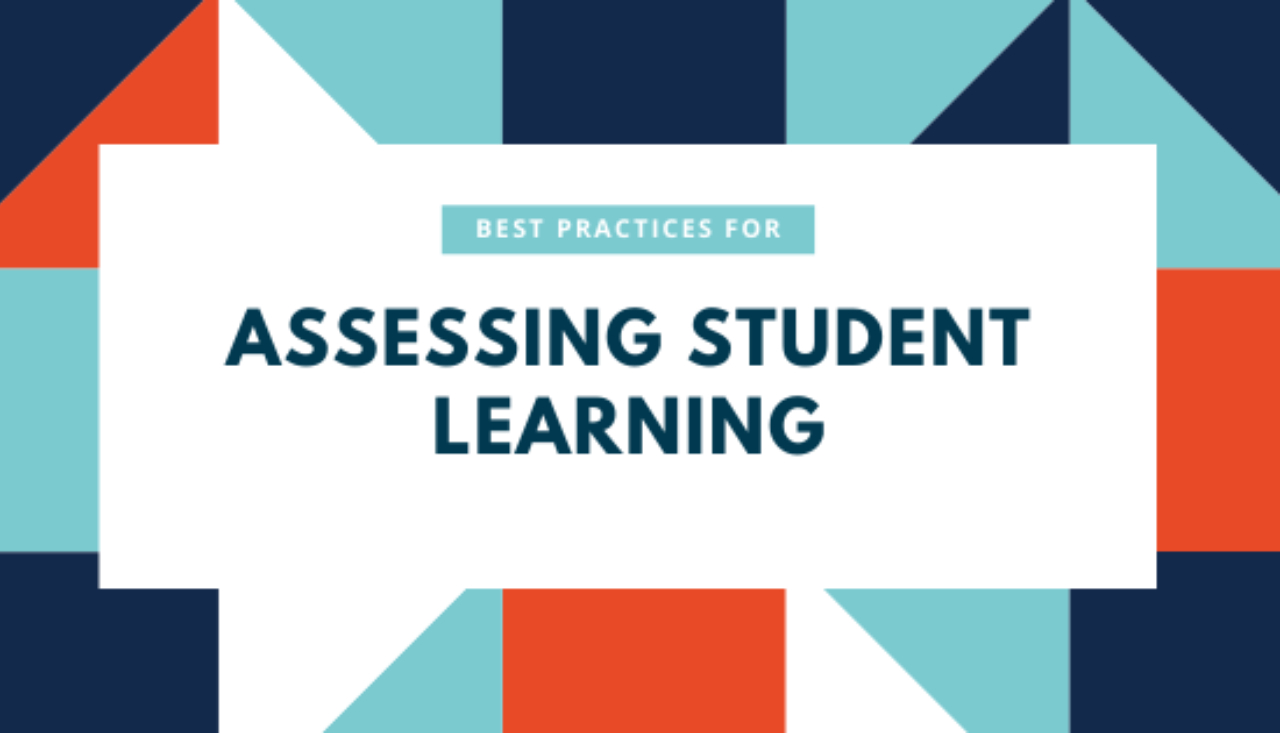In the world of digital education, the traditional methods of assessing student learning are no longer enough. With the rise of online learning, educators are facing new challenges when it comes to assessing student understanding and progress. In this article, we will explore the best practices for assessing learning in digital education.
Introduction
- Explanation of the importance of assessing learning in digital education
- Brief overview of the article
Understanding Digital Learning Environments
- Explanation of the different digital learning environments (synchronous, asynchronous, blended)
- Discussion on how these environments affect learning and assessment
- Importance of understanding digital learning environments for assessment purposes
Designing Effective Assessments
- Explanation of what makes an assessment effective
- Discussion on the different types of assessments (formative, summative, diagnostic, authentic)
- Importance of aligning assessments with learning objectives and outcomes
Formative Assessments
- Definition of formative assessments
- Examples of formative assessments in digital education
- Advantages and disadvantages of formative assessments
Summative Assessments
- Definition of summative assessments
- Examples of summative assessments in digital education
- Advantages and disadvantages of summative assessments
Diagnostic Assessments
- Definition of diagnostic assessments
- Examples of diagnostic assessments in digital education
- Advantages and disadvantages of diagnostic assessments
Authentic Assessments
- Definition of authentic assessments
- Examples of authentic assessments in digital education
- Advantages and disadvantages of authentic assessments
Using Technology for Assessment
- Explanation of how technology can be used for assessment purposes
- Discussion on the different types of technology tools for assessment (LMS, online quizzes, simulations, rubrics, etc.)
- Importance of selecting the right technology tool for assessment
Learning Management Systems (LMS)
- Definition of LMS
- Examples of LMS for assessment purposes
- Advantages and disadvantages of using LMS for assessment
Online Quizzes
- Definition of online quizzes
- Examples of online quizzes for assessment purposes
- Advantages and disadvantages of using online quizzes for assessment
Simulations
- Definition of simulations
- Examples of simulations for assessment purposes
- Advantages and disadvantages of using simulations for assessment
Rubrics
- Definition of rubrics
- Examples of rubrics for assessment purposes
- Advantages and disadvantages of using rubrics for assessment
Ensuring Assessment Validity and Reliability
- Explanation of what is assessment validity and reliability
- Importance of ensuring validity and reliability in digital education assessments
- Discussion on how to ensure validity and reliability in digital education assessments
Conclusion
- Recap of the article
- Emphasize the importance of assessment in digital education
- Call to action to implement best practices for assessment in digital education








